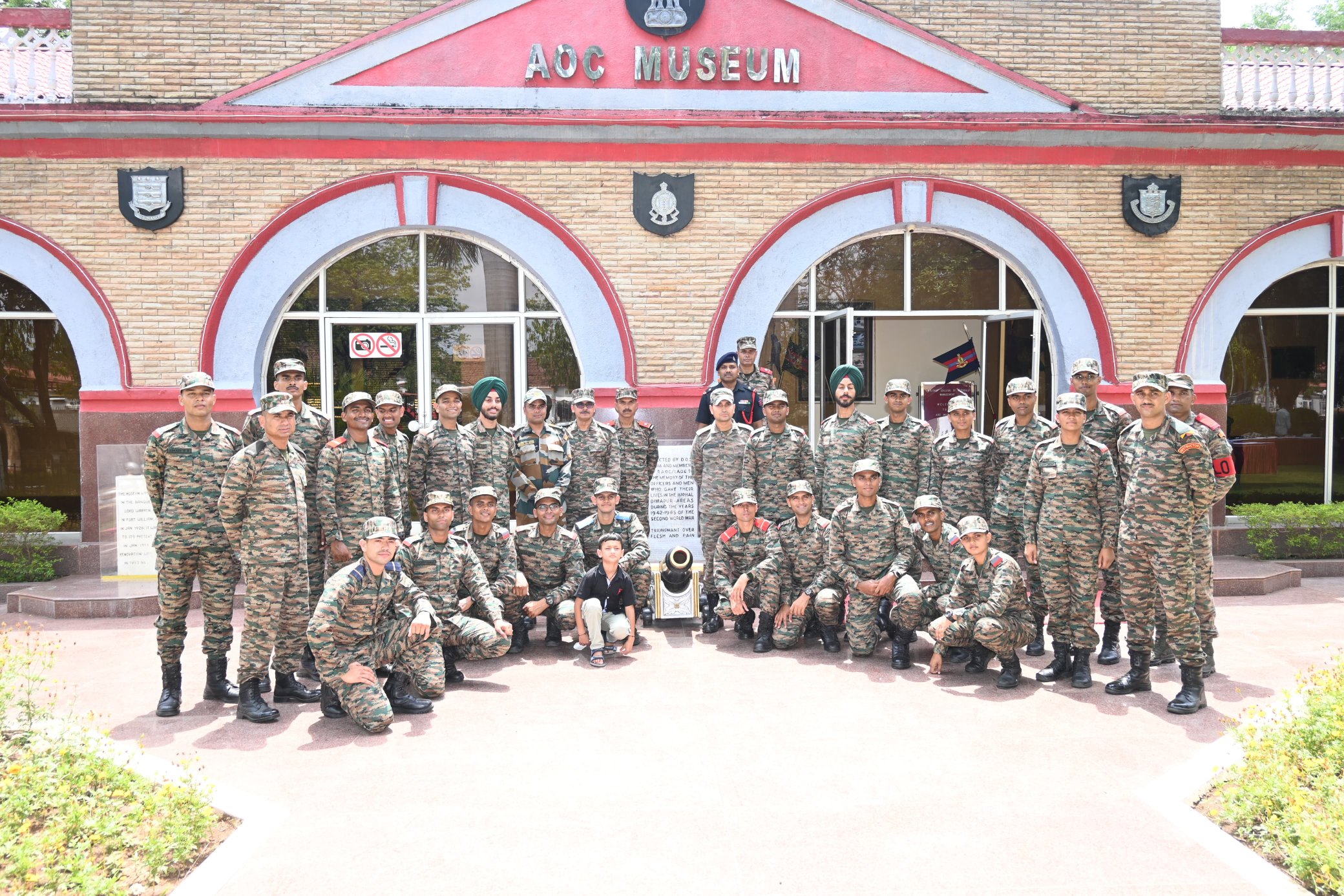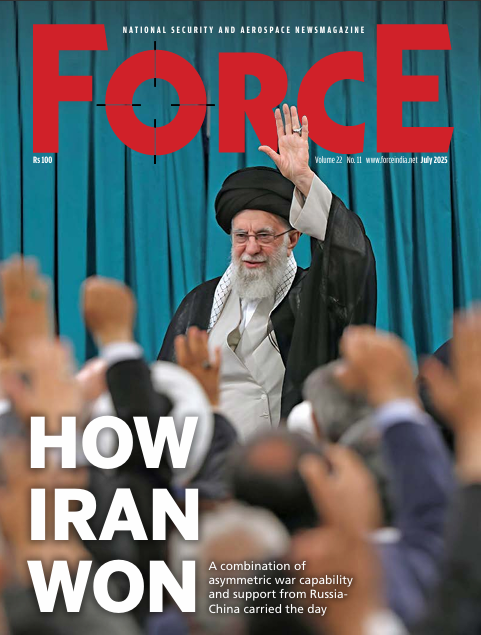Not a Place for Women
Col Yogander Singh
Women are nurturers by nature, and not meant for combat
Women in the Indian military seem to be a settled issue. After all,
they have been there since ages. First recruited as nurses during World War I, their
role expanded to Auxiliary Corps raised in 1942 during World War II and now Indian
military has more than 11,500 females serving in three services. However, their
internal distribution is skewed. For example, according to the 17 March 2023 Press
Information Bureau (PIB) report, out of 7,050 females in the army, 6,993 were
in officer rank and less than 100 belonged to Personnel Below Officer Rank (PBOR).
This smells like wokeism!
Before going any further, let me share my firm belief that:
- No religion bans
females from the profession of arms, but all religions expect the woman to be a
nurturer and family-maker first.
- History is replete with the examples of women displaying utmost courage and fighting spirit under most trying circumstances. Thus, there should be no doubt about their moral and physical courage.
Caveats
Admiration for the female courage and resilience and religious
neutrality cannot be used to gloss over certain well-established caveats, which
makes women second best choice for the army and navy in entirety and as combat
aircraft pilots in the air force.
Physical
differences: Across the
animal kingdom, on average male have bigger bodies and greater stamina. This is
true of humans as well and is reflected in different performance yardsticks for
the male and female athletes. It is even more pronounced in the case of
military. In a paper titled, ‘What Kind Of Nation Sends Women Into Combat?’, former
staff member on the Presidential Commission on the Assignment of Women in the
Armed Forces of USA in early Nineties, R. Cort Kirkwood wrote, ‘As a practical
matter, 99 percent of women are unsuited for combat, and that includes flying
combat aircraft and serving on combatant ships. That women do these things
doesn’t mean they should; it just means the military has been feminised and
civilianised.’
Many also argue
that women lack the necessary physical strength. That the maximum feminine
strength is as good as the physically weakest man. When the military doesn’t
accept physically weak men, isn’t it strange that it accepts women, no matter
how strong they may be. Moreover, statistics suggest that women suffer from higher
rates of bone fractures. Combined with other physiological aspects, such as menstruation
and pregnancy, the combating period of a woman would be much lower than a man.
And since they cannot survive the same basic training as men, the training must
be ‘gender-sensitised’. This fact was reflected in different minimum physical
standards prescribed for an officer cadet when joining the Officer Training
Academy (OTA), Chennai.
Psychological
differences: A famous book on
man-woman issues was titled ‘Women are from Venus and Man from the Mars’.
Nature had to make two as one couldn’t be given all the desired qualities. For
example, when communicating the women prefer to talk face-to-face while the men
do so side-by-side. It is so because women bring up children and when they coo
to the child it is face-to-face, while the men work and face enemy as a team
standing side-by-side. Another aspect of differences between males and females
is in the way men and women use conversation.
In her bestselling book You Just Don’t
Understand, Deborah Tannen writes that men and women use conversation in
different ways. While men use conversation to establish status, women use it to
establish closeness. Readiness to kill in cold blood and nurturing are two
emotional states which lie at opposite ends of the spectrum. A woman is a nurturer,
she can definitely kill to ward-off danger, but should she be made to do so as
a professional?
Need
for different responses:
Differences in bodily functions demand different responses. For example, menstrual periods
are necessary for reproductive cycle but can make it difficult for a women
soldier to effectively perform her duties. Not because women don’t know how to
avoid pregnancy or manage menstrual pain, but because they need to have them
for the good of the society; after all no society can hope to survive if it
does not nurture its children and children can only be born of pregnant women.
Pregnant women must not be asked to fight. They have to be removed from duty
and granted maternity leave whatever be the emergency.
Weakens the Family: A 2001 article in Newsweek offered a glimpse into the world of women in military service and its impact on the family. In the article, US Army M/Sgt. Kelly Tyler told of her 10-year-old son. “You know how kids are always changing what t
Subscribe To Force
Fuel Fearless Journalism with Your Yearly Subscription
SUBSCRIBE NOW
We don’t tell you how to do your job…
But we put the environment in which you do your job in perspective, so that when you step out you do so with the complete picture.








